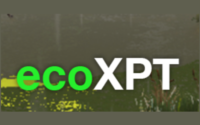
Narratives of Learning: The Personal Portfolio in the Portfolio Approach to Teaching and Learning
This paper will explore how a portfolio approach to teaching and learning can help the educator incorporate unique forms of reflective practice into his or her daily work. By being able to express ideas more clearly to himself, the educator can better promote the relational construction of knowledge in his educational communities. This paper, as […]
















